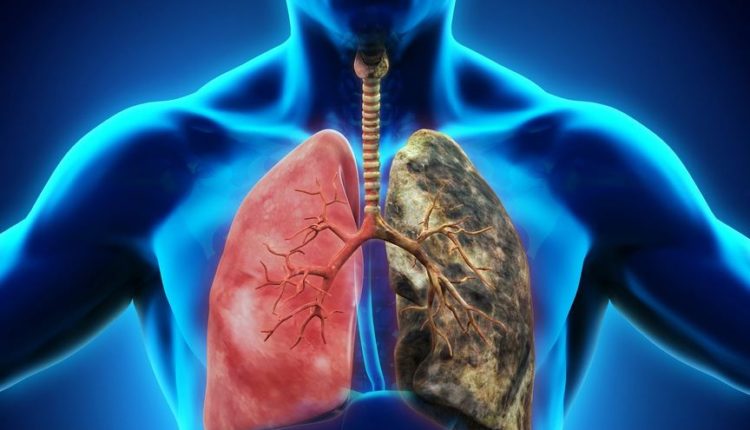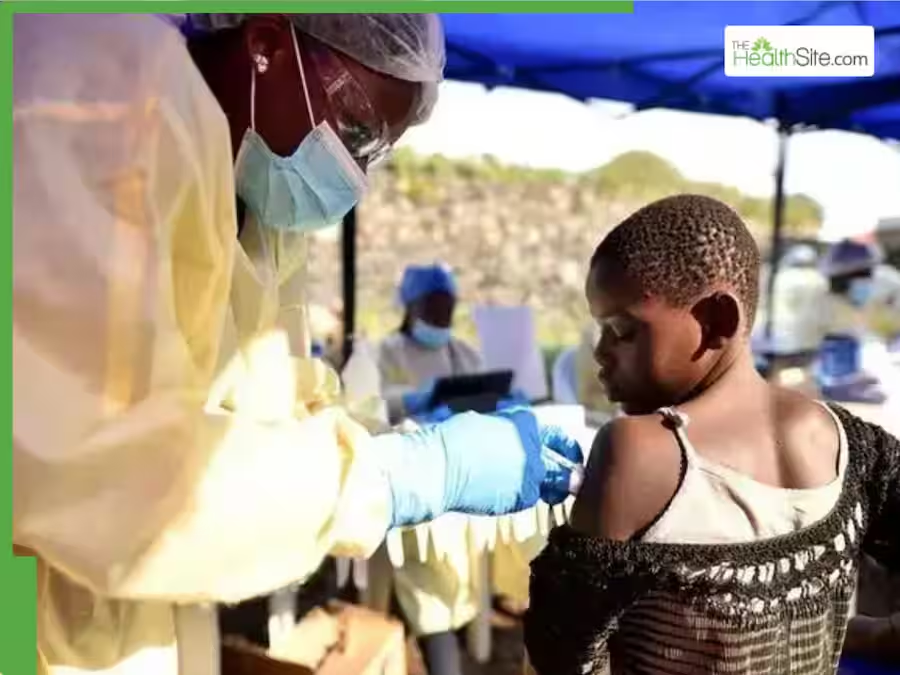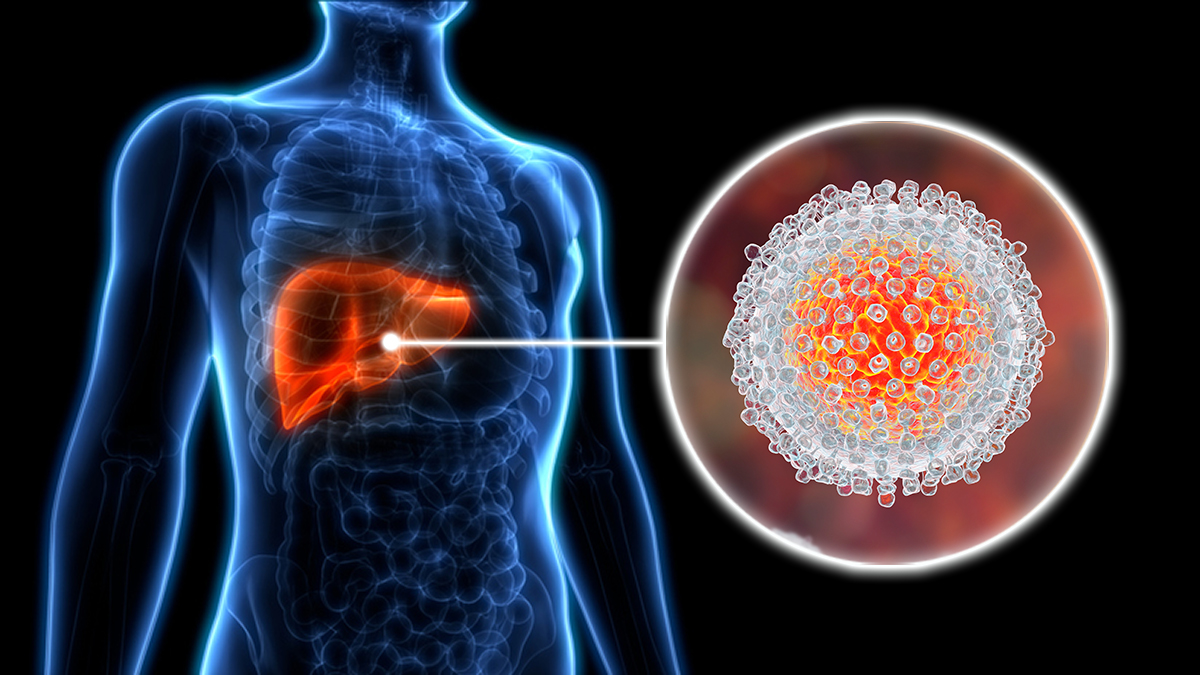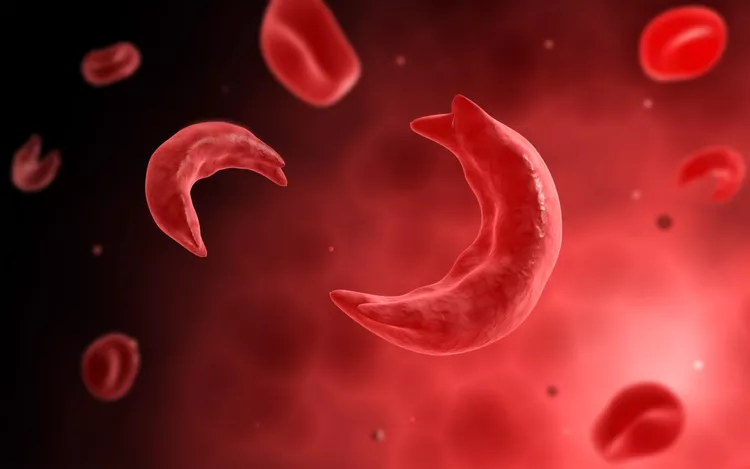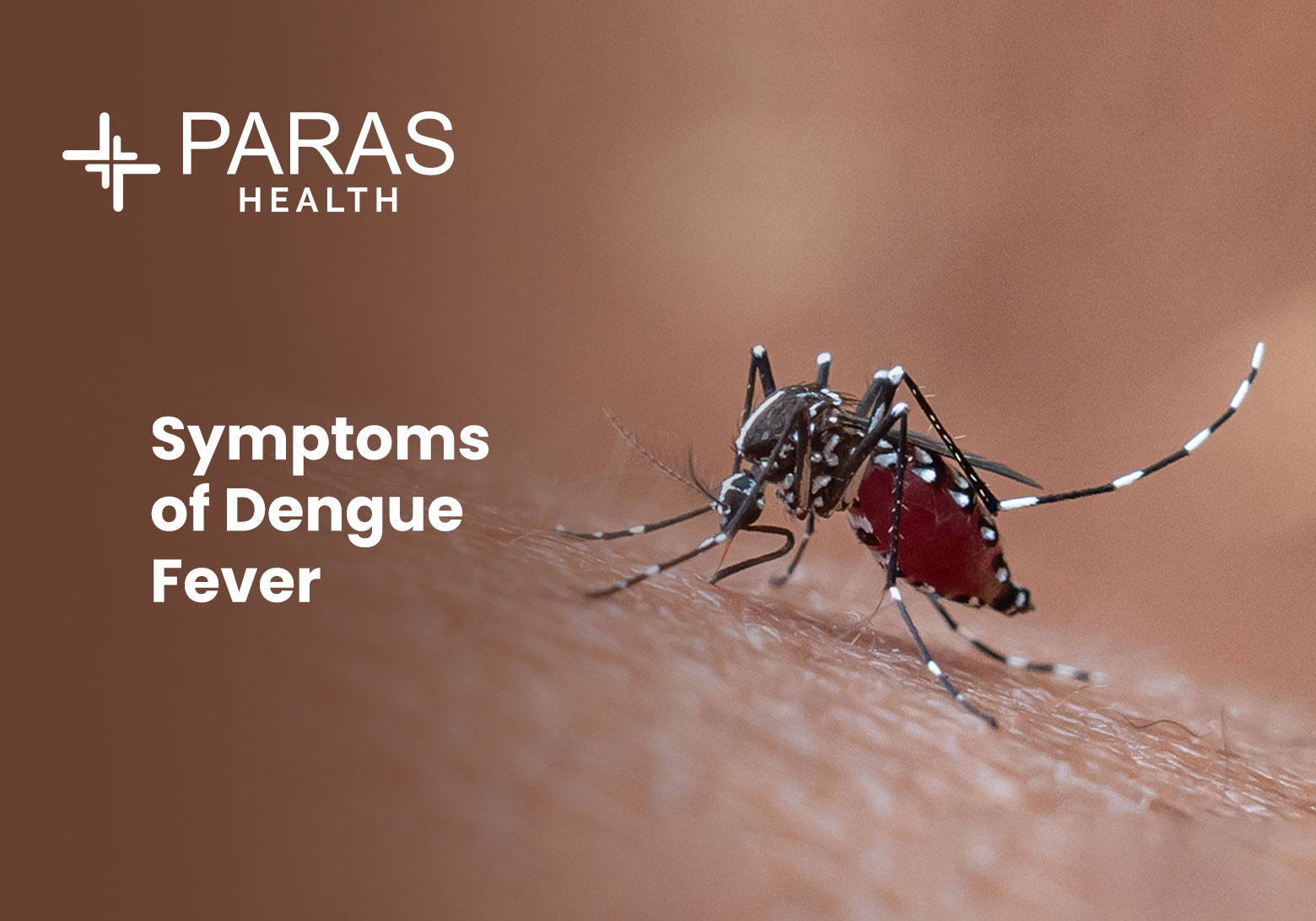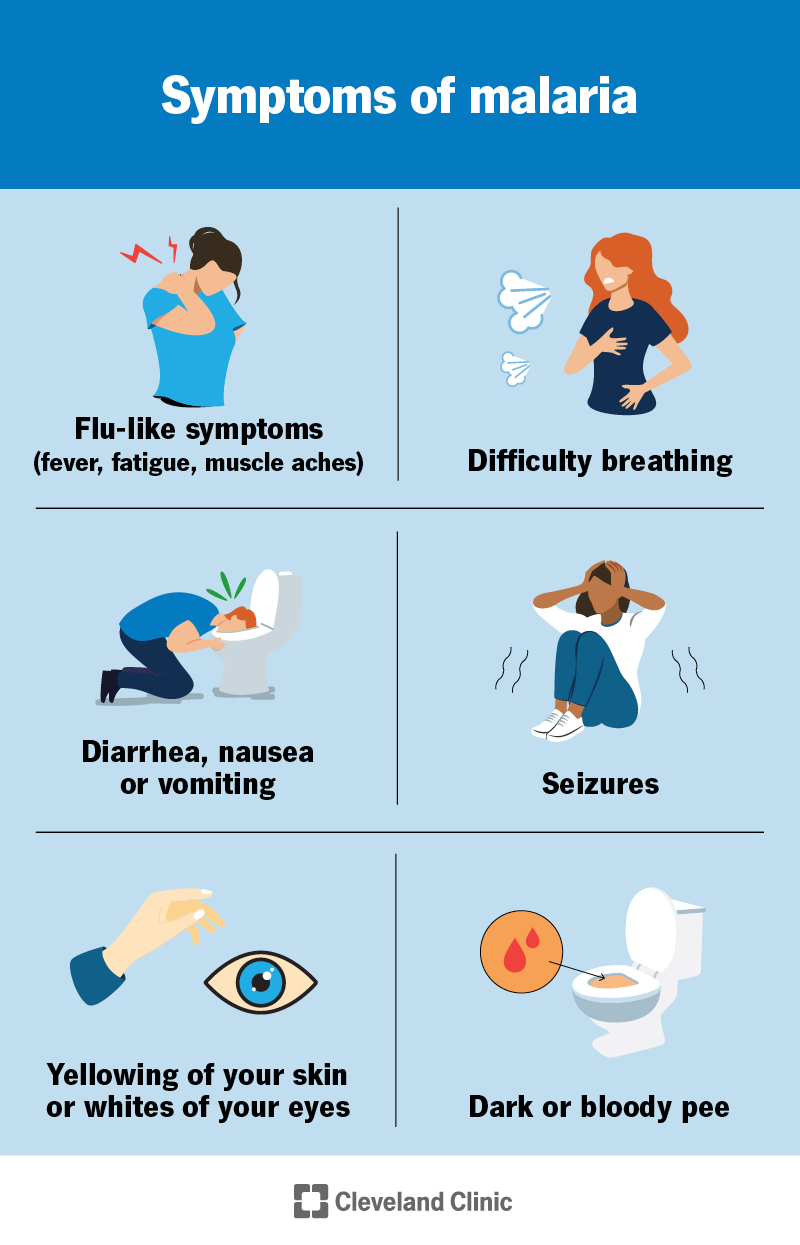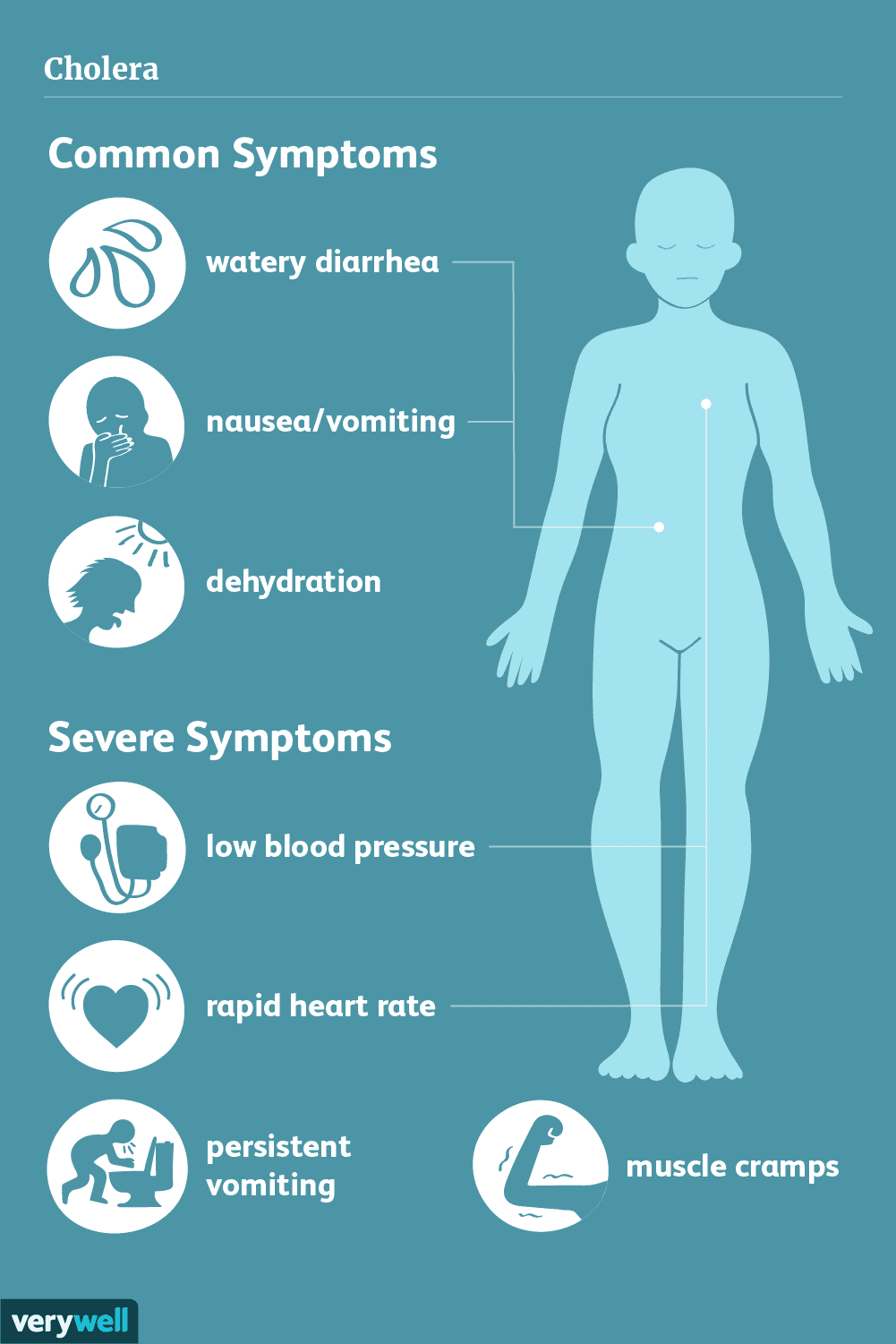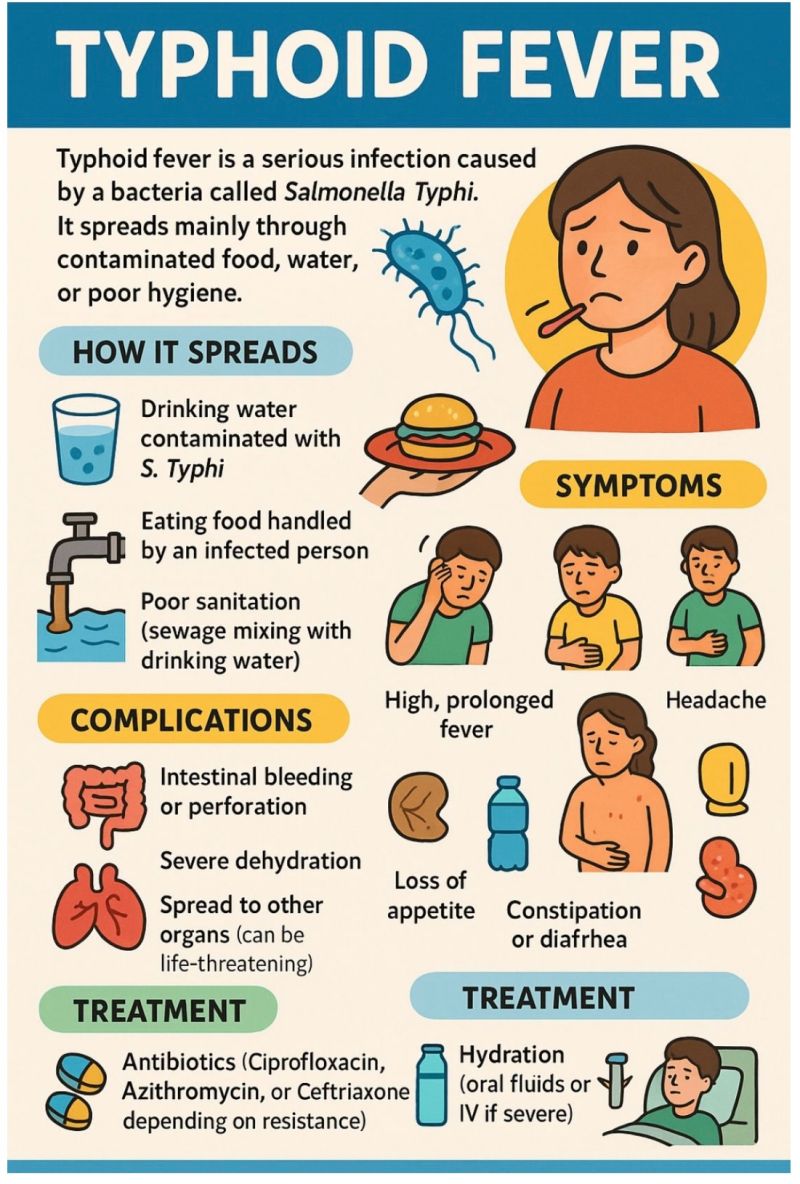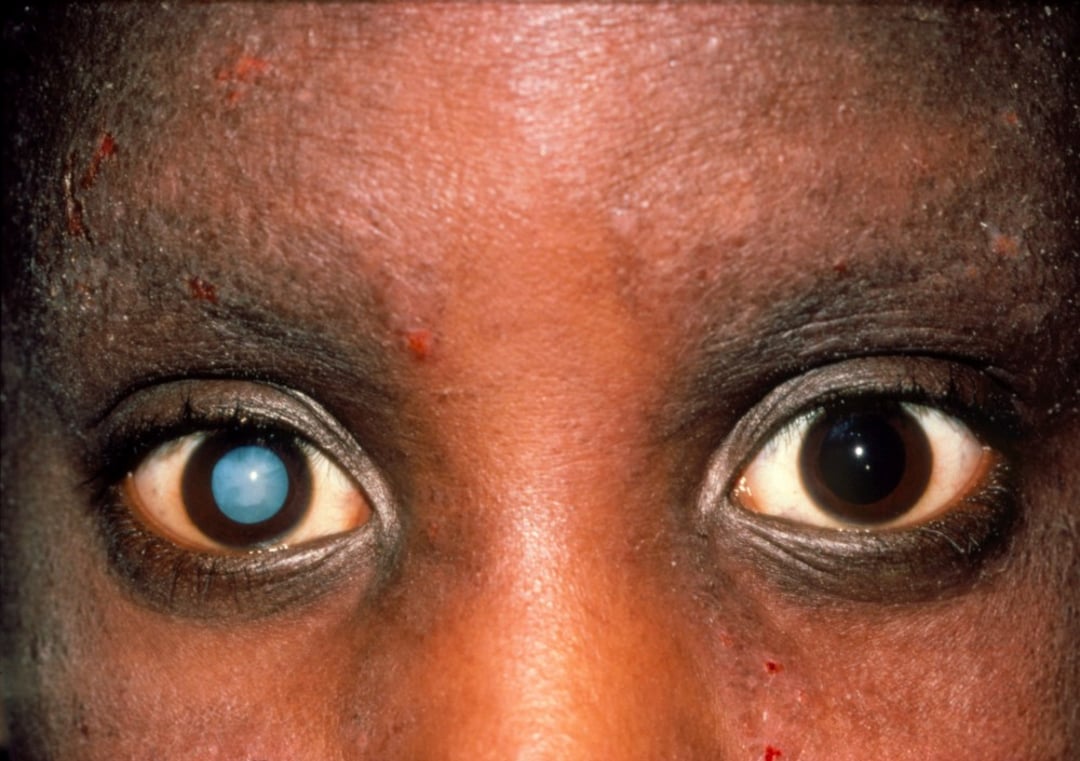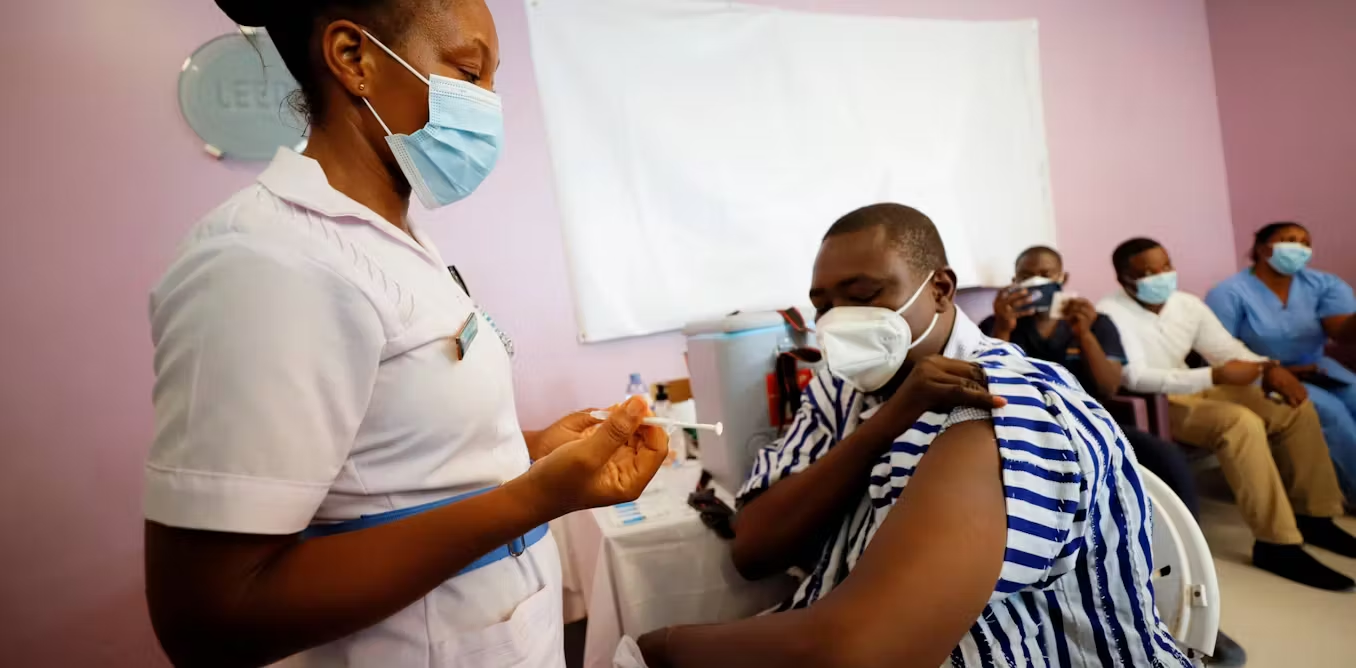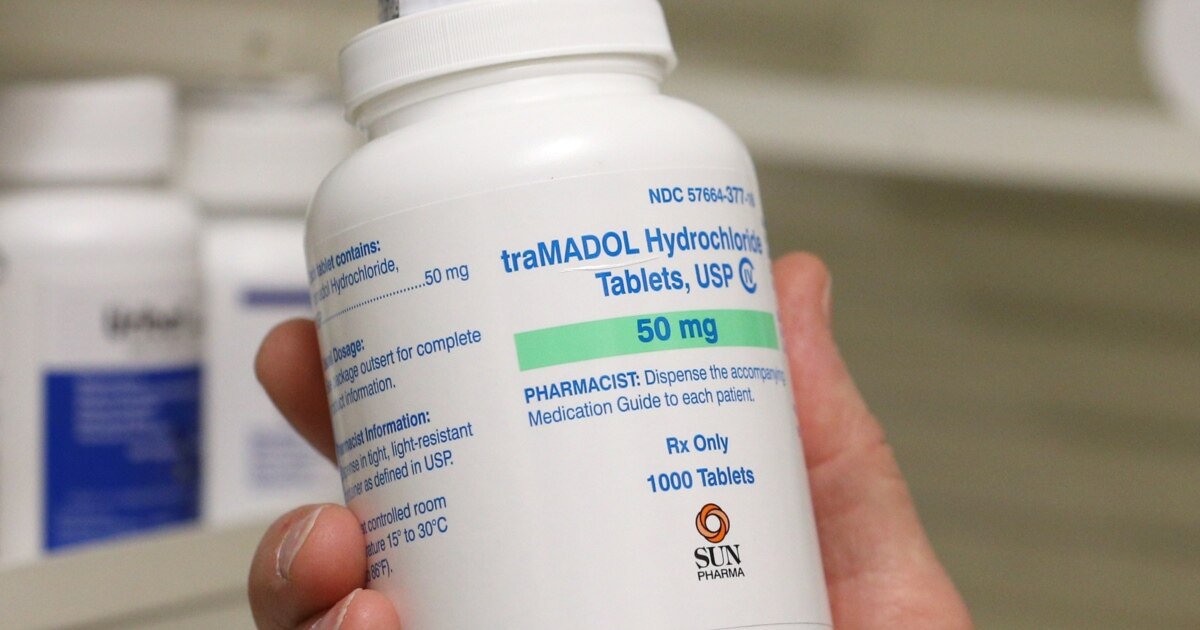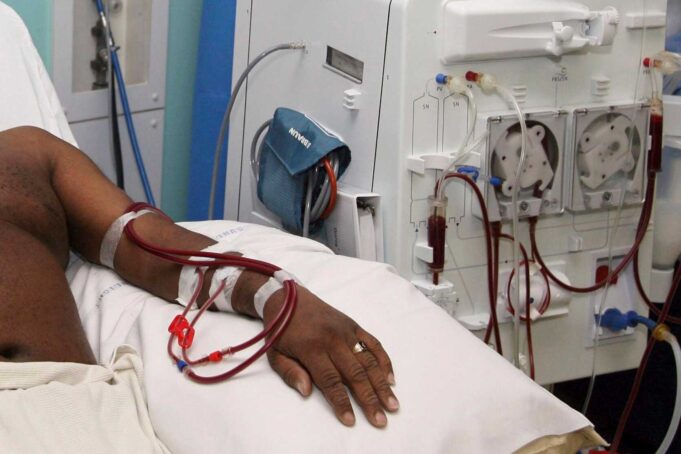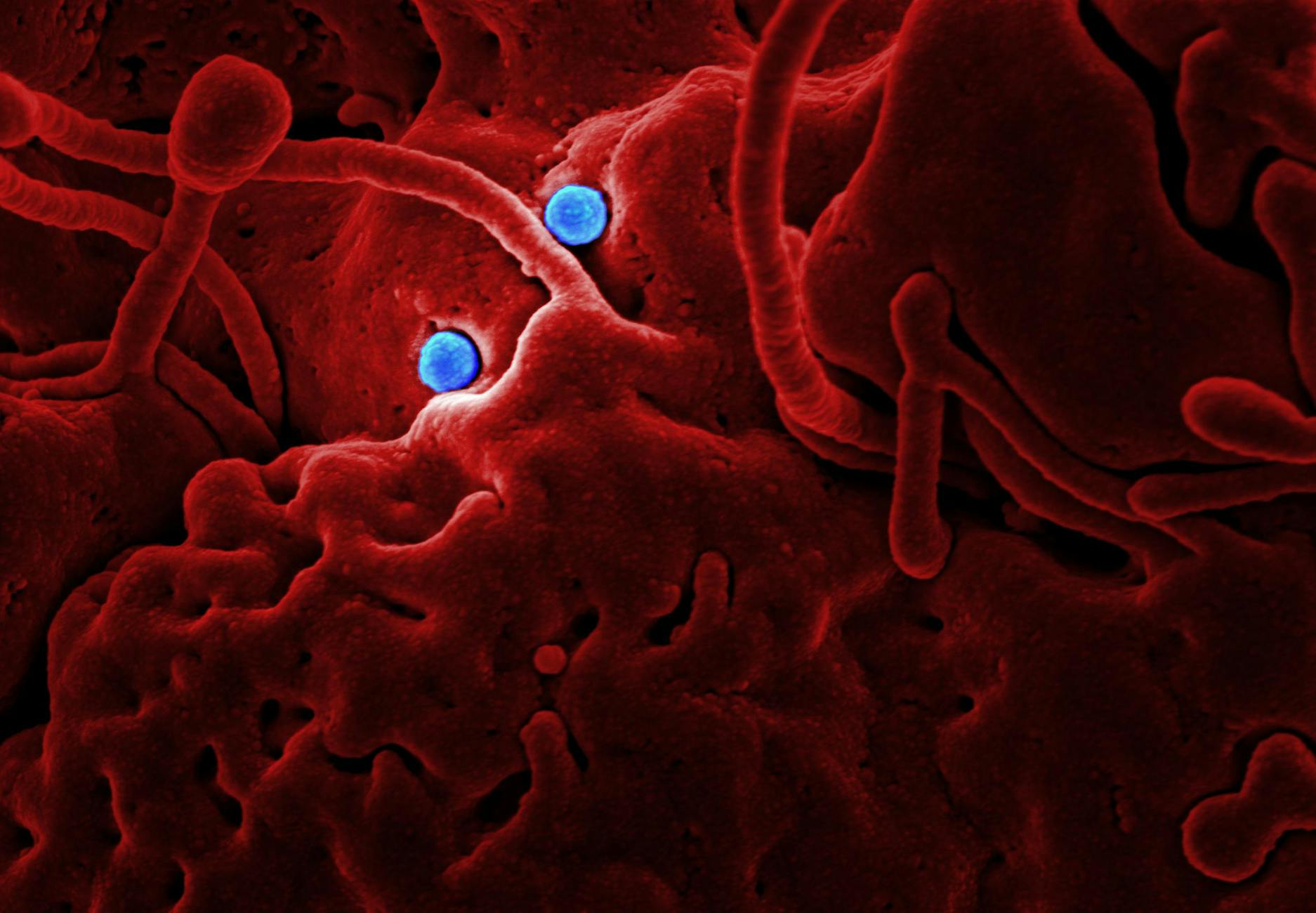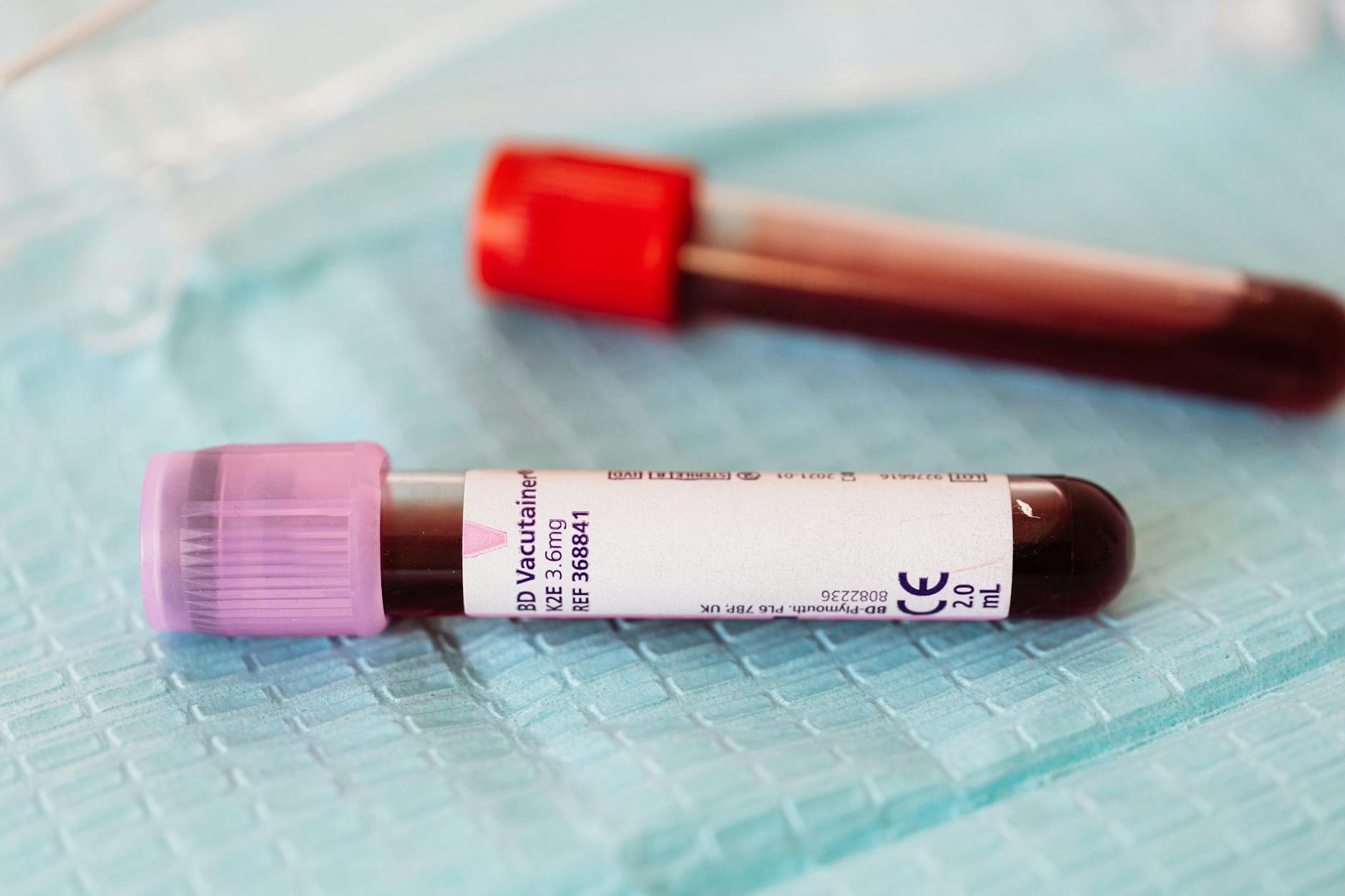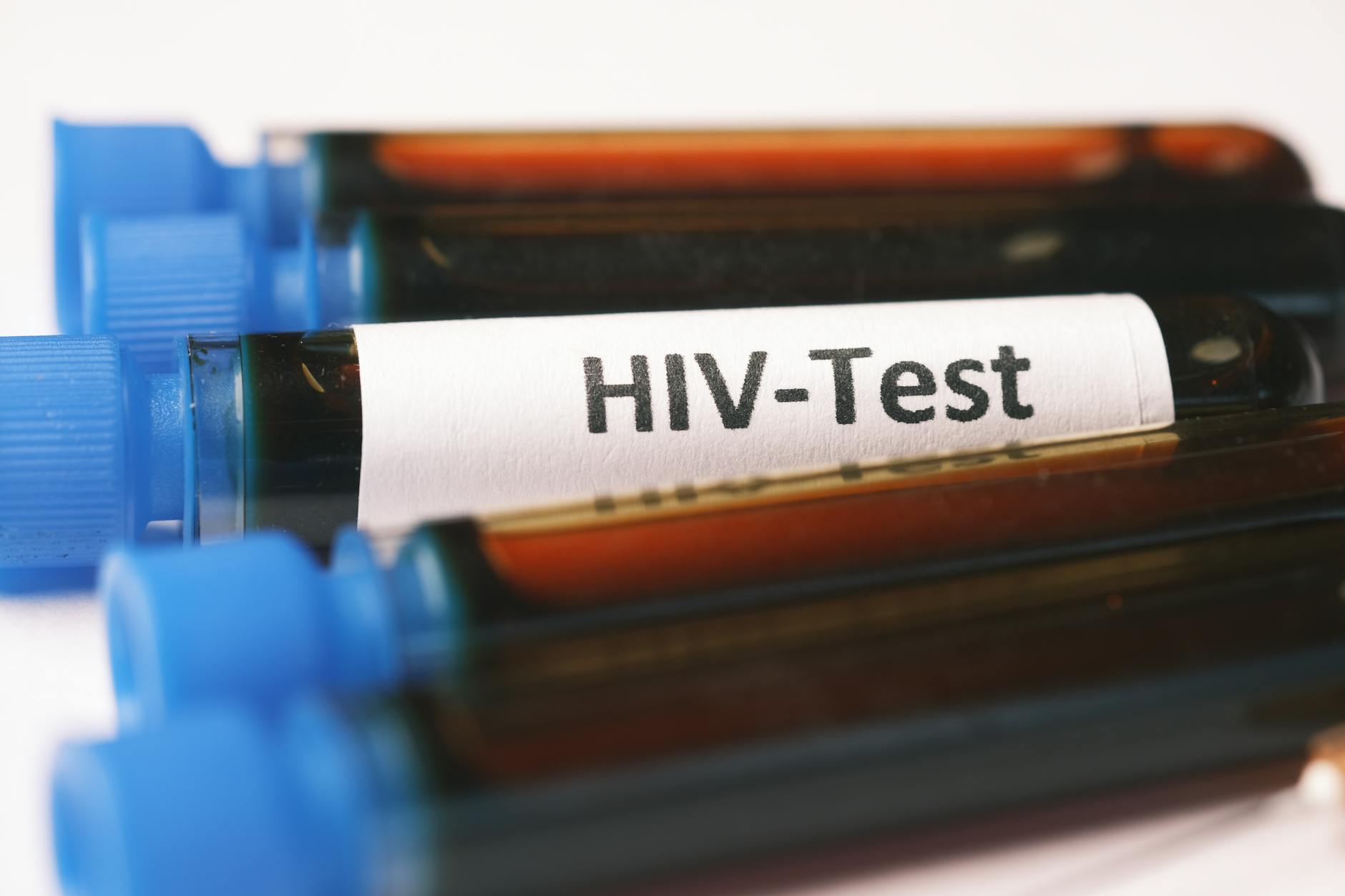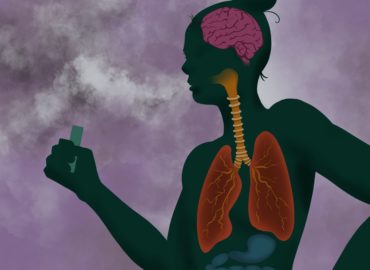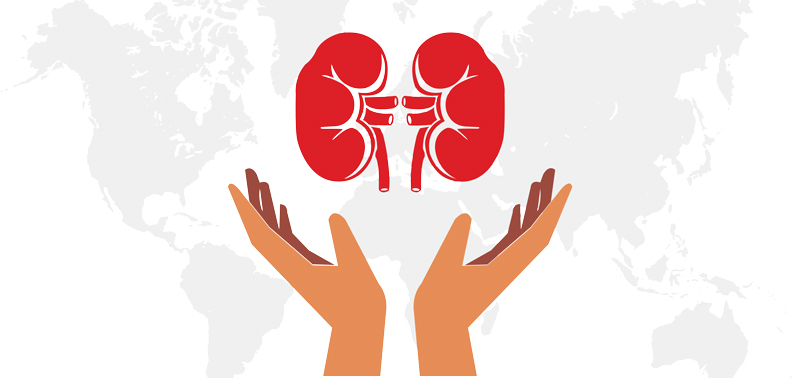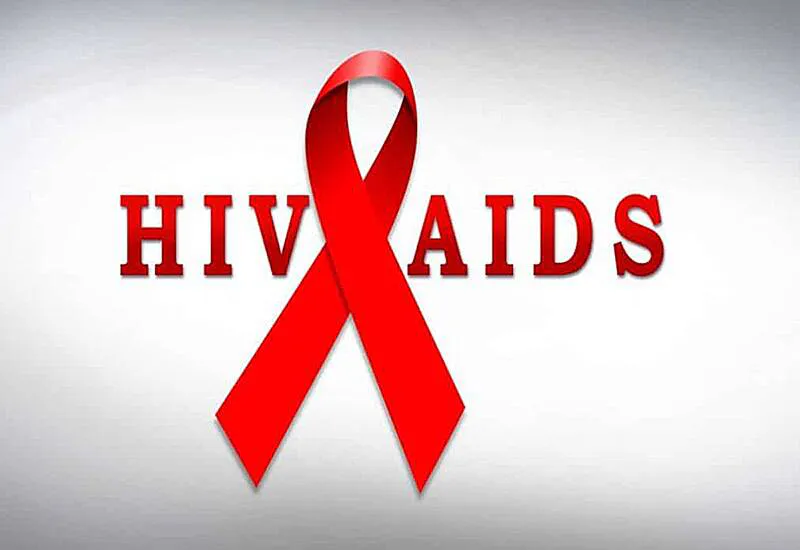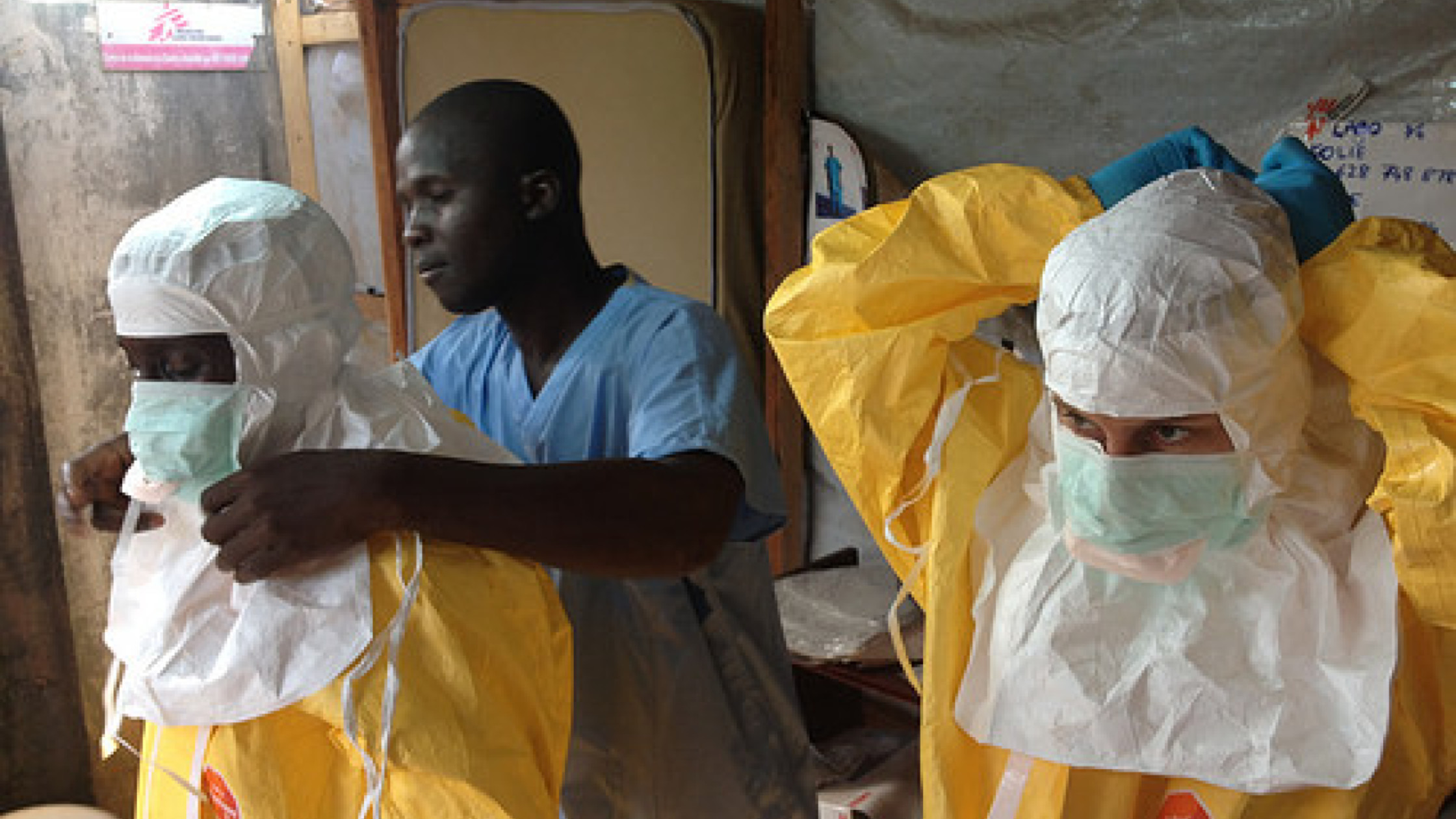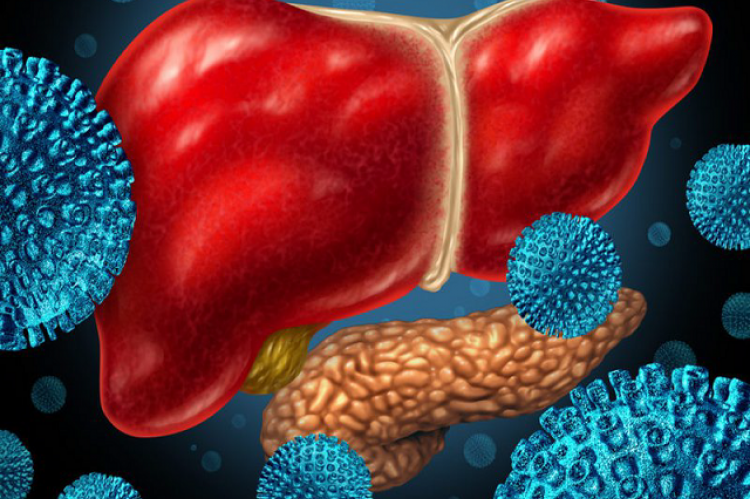
Hepatitis B is a serious liver infection caused by the Hepatitis B virus (HBV). It can lead to both acute and chronic disease, affecting millions of people worldwide. While some individuals recover fully, others may develop long-term complications such as liver cirrhosis or liver cancer. Understanding the causes, symptoms, prevention, and treatment is essential for managing this disease effectively.
What Causes Hepatitis B?
Hepatitis B is caused by the Hepatitis B virus, which attacks the liver. The virus is highly infectious and spreads through contact with infected blood, semen, or other body fluids. Common modes of transmission include:
- Mother-to-child transmissionduring childbirth (most common in highly endemic regions).
- Unprotected sexual contactwith an infected person.
- Sharing needles or syringes, particularly among people who inject drugs.
- Blood transfusionsor medical procedures with improperly sterilized equipment.
- Accidental needle sticksin healthcare settings.
It is important to note that Hepatitis B cannot be spread through casual contact such as hugging, sharing utensils, or breastfeeding.
Symptoms of Hepatitis B
Hepatitis B infection can present differently depending on the individual and whether the infection is acute or chronic:
Acute Hepatitis B
Symptoms may appear 1–4 months after infection and can include:
- Fatigue and weakness
- Loss of appetite
- Nausea and vomiting
- Abdominal pain, especially in the liver area
- Dark urine and pale stools
- Jaundice (yellowing of the skin and eyes)
- Joint pain
Chronic Hepatitis B
Many people with chronic Hepatitis B have no noticeable symptoms for years. However, chronic infection can eventually lead to serious complications such as:
- Liver cirrhosis (scarring of the liver)
- Liver failure
- Liver cancer
Early detection is critical to prevent long-term damage.
Diagnosis of Hepatitis B
Hepatitis B is diagnosed through blood tests that detect:
- HBsAg (Hepatitis B surface antigen):Indicates an active infection
- Anti-HBs (Hepatitis B surface antibody):Shows immunity due to vaccination or recovery
- Anti-HBc (Hepatitis B core antibody):Indicates past or ongoing infection
Doctors may also order liver function tests or imaging studies to assess liver damage.
Prevention of Hepatitis B
Hepatitis B is highly preventable through the following measures:
- Vaccination:
- The Hepatitis B vaccine is safe, effective, and often given in a series of 3–4 doses.
- It is especially recommended for newborns, healthcare workers, and individuals at high risk.
- Safe practices:
- Avoid sharing needles or personal grooming tools such as razors and toothbrushes.
- Ensure blood products are screened before transfusion.
- Use condoms to prevent sexual transmission.
- Mother-to-child prevention:
- Newborns of infected mothers should receive the Hepatitis B vaccine and hepatitis B immunoglobulin (HBIG) within 12 hours of birth.
- Healthcare safety:
- Adherence to infection control procedures, including proper sterilization of medical instruments.
Treatment of Hepatitis B
Acute Hepatitis B
- Usually, no specific antiviral treatment is needed.
- Most adults recover completely with rest, proper nutrition, and hydration.
- Monitoring by a healthcare professional is essential to prevent complications.
Chronic Hepatitis B
Treatment may include:
- Antiviral medications such as tenofovir or entecavir to suppress the virus and prevent liver damage.
- Regular monitoring of liver function and viral load.
- Lifestyle changes, including avoiding alcohol and maintaining a healthy diet.
- In severe cases, liver transplantation may be necessary.
Living with Hepatitis B
People with chronic Hepatitis B can lead healthy lives by:
- Following medical advice and taking prescribed medications.
- Getting regular check-ups to monitor liver health.
- Informing sexual partners and taking precautions to prevent transmission.
- Avoiding alcohol and hepatotoxic drugs that can further damage the liver.
Key Facts to Remember
- Hepatitis B is preventable through vaccination.
- It is not spread by casual contact.
- Chronic infection can lead to serious liver disease if untreated.
- Early detection and proper management can significantly improve outcomes.
Conclusion
Hepatitis B remains a major public health concern, but with awareness, vaccination, and early treatment, its impact can be greatly reduced. Protecting yourself and your loved ones through vaccination, safe practices, and regular medical care is crucial in the fight against this disease.
Discover more from Hot Stories Ghana
Subscribe to get the latest posts sent to your email.












